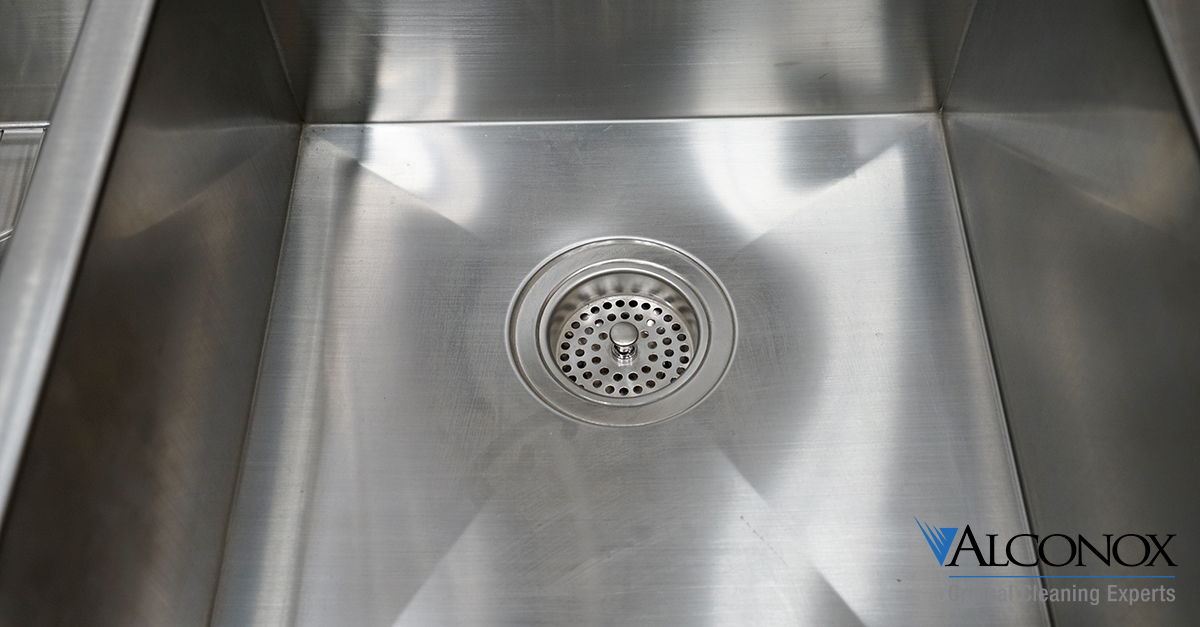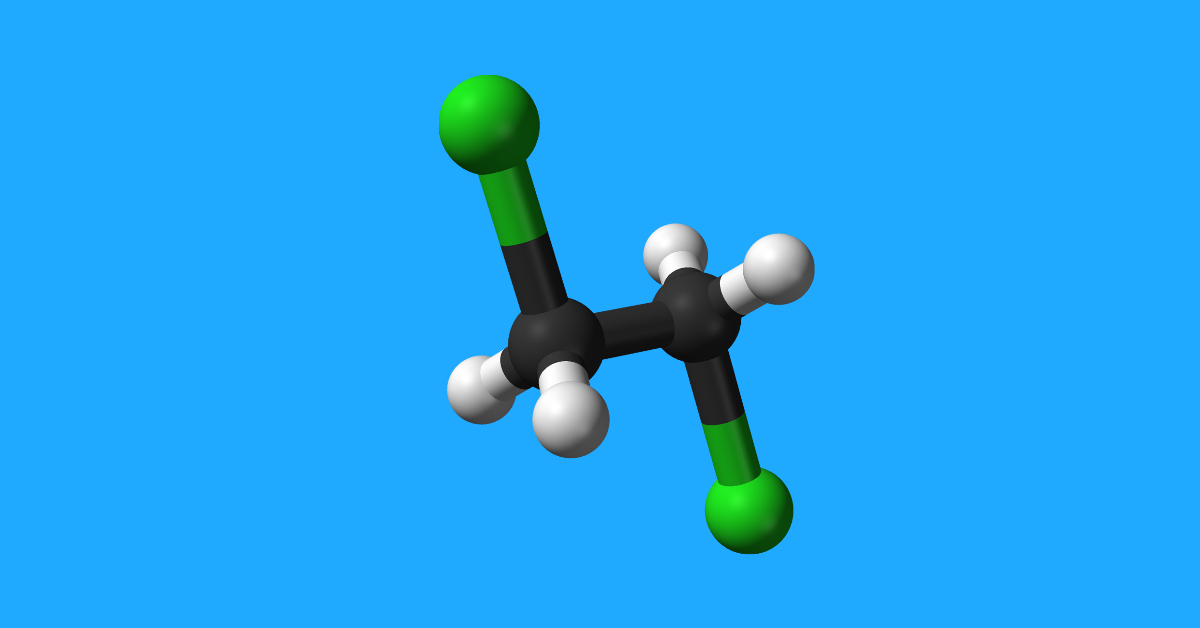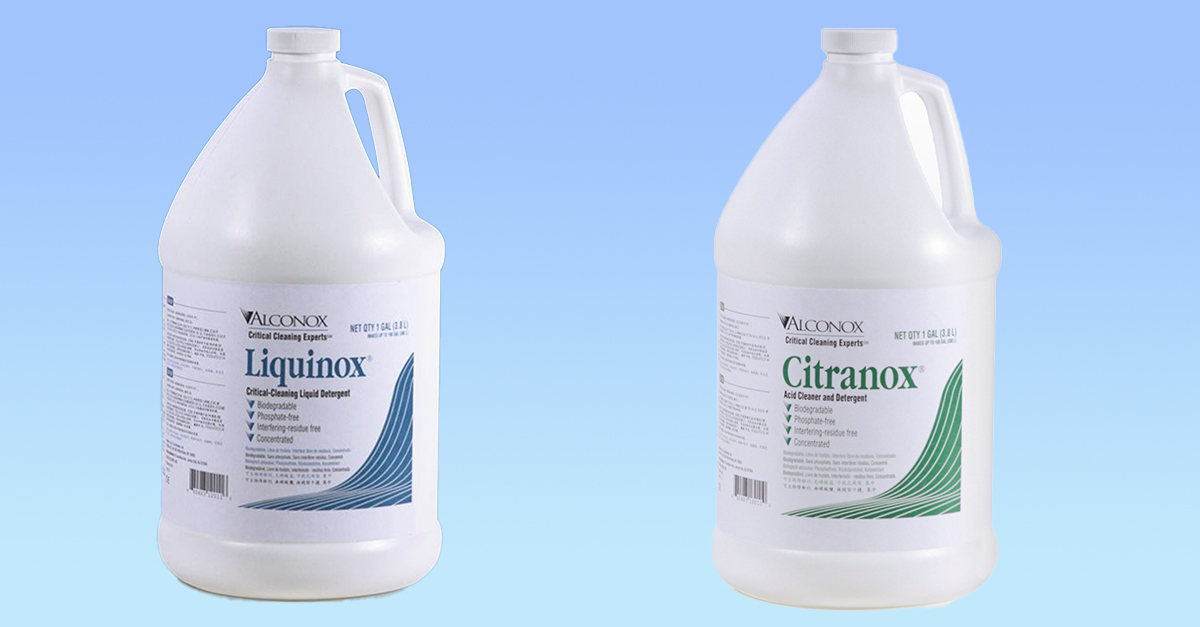Mystery Residue: Left Over Detergent Residue?
Q: Whenever the Detonox is left in a stainless steel sink, it forms a white substance at the bottom of the sink. We have tested the water with Detonox in a glass beaker and it does not form the same ‘Scum’.…
Cleaning Trans-Dichloroethylene (t-DCE) Residues
Q: We current use your product Liquinox in one of our cleaning processes. We are potentially looking to expand its use to other cleaning and were wondering if this product will solubilize trans-dichloroethylene as this is a concern that is not addressed by our current cleaning process?
A: Trans-Dichloroethylene is a toxic and hazardous compound, often used in solvent cleaning. It avoidance has come under increased recommendations. Fortunately, it is fairly easy to clean up as a residue.
An important thing to note is that detergents don’t solubilize so much as they would emulsify an organic solvent
Cleaning of Rouge and Passivation of Stainless
Q: We have a stainless steel large tank a piping system with rouge cleaning and passivation needs. Requiring a low foaming detergent, as we will run a CIP system. Can Alconox, LLC assist?
A: Rouge is the formation of iron oxide or hydroxide on stainless steel, often created by a corrosive over time or improper passivation efforts. To clean rouge we recommend a hot (65C / 150F or hotter) 3%….
Visit Alconox, LLC at FABTECH 2022, November 8-10, in Atlanta at the Georgia World Congress Center
Visit Alconox, Inc. at FABTECH 2022, November 8-10, in Atlanta at the Georgia World Conference Center. Stop by booth #B4910 to receive our unique gifts, expert technical support for your critical cleaning applications and detergent samples. Our critical cleaning detergents…
Liquinox vs. Citranox
Q: What is the difference between Liquinox vs. Citranox? We are using Liquinox for many of our applications but are having trouble with stainless steel cleaning cannulas with a small ID. Is Citranox the answer if the residue is inorganic?
A: Although Liquinox detergent is excellent at cleaning a host of residues, Citranox cleaner is indeed the better choice if we are fairly certain this is a largely inorganic residue.




